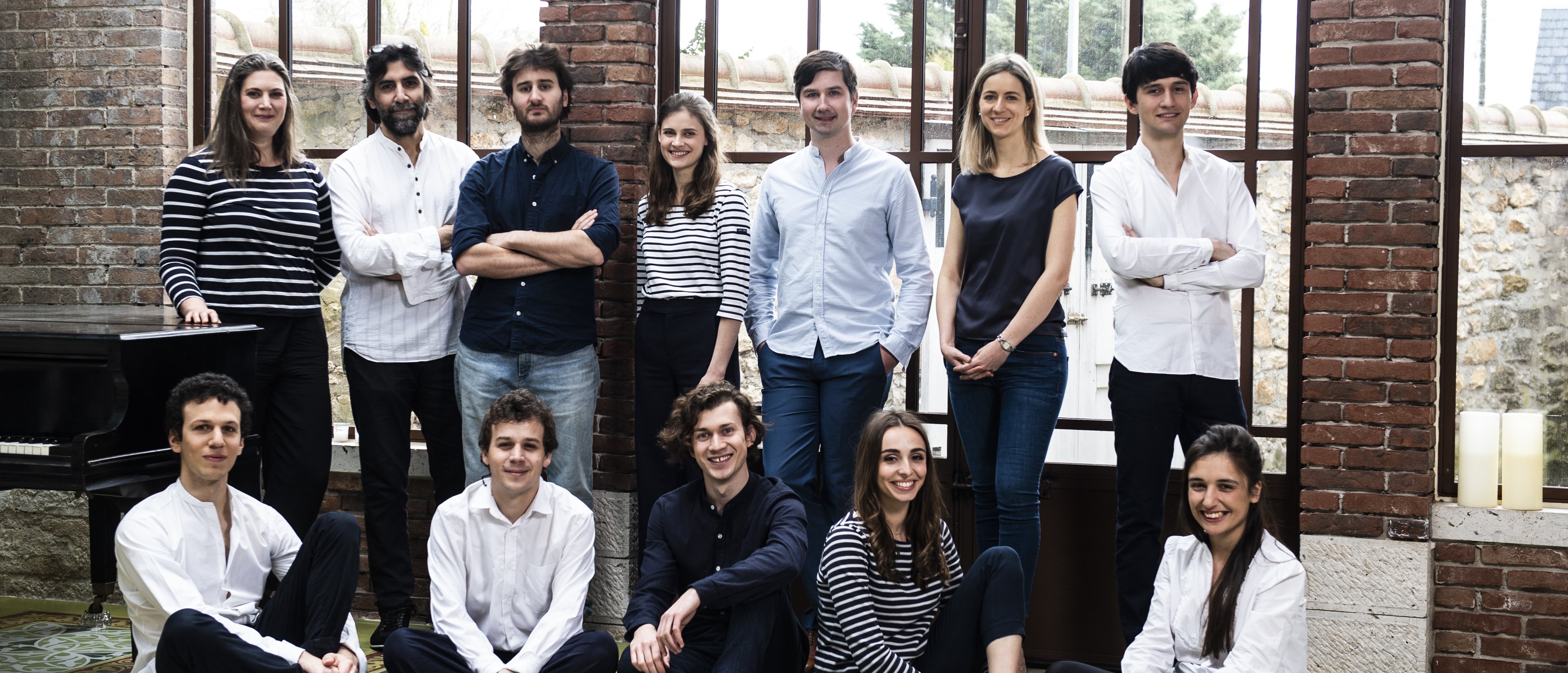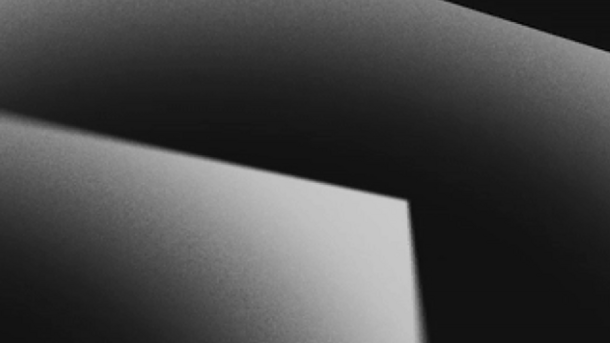
Concert information
At the invitation of the Berliner Philharmoniker
Info
They are one of the Early Music dream teams: mezzo-soprano Lea Desandre, lutenist Thomas Dunford and his French Ensemble Jupiter. What distinguishes them is their singular ability to perform Baroque works with so much energy and vitality that they sound newly-composed. In the final concert of the series Original Sounds, they will highlight two very different British composers: Henry Purcell, famous for his enthralling music for the stage, and John Dowland, best known for his intimate songs and instrumental works. Both shared a remarkable capacity for capturing emotions in music.
Artists
Ensemble Jupiter
Thomas Dunford lute, direction
Lea Desandre mezzo-soprano
Programme
Songs and Arias by John Dowland and Henry Purcell

Chamber Music Hall
16 to 37 €
Introduction
19:15
Series R: Originalklang
Biographies
Ensemble Jupiter & Thomas Dunford
Historical performance practice reconceived and remade: Ensemble Jupiter was founded in 2018 by French lutenist Thomas Dunford, who earned a reputation on the early music scene for his spontaneity and effortless improvisation. ‘Early music has experienced a great period of rediscovery thanks to pioneers such as William Christie, Philippe Herreweghe and Jordi Savall, with whom I have been lucky enough to work,’ says Dunford.
‘As the generation that grew up with it, it is now our responsibility to continue bringing it alive, while making it more modern, showing just how accessible it can be, and how much it touches our hearts.’ In the Jupiter Ensemble, Dunford brings together a collective of young musicians who take a free and undogmatic approach to their repertoire – leaving room for passion and emotion. With their flexible technique and imaginative ornamentation, the ensemble sheds new light on early music. Thomas Dunford, who graduated from the Paris Conservatoire at the age of 21 and now works with greats from the early music world as well as contemporary composers and jazz musicians, learnt to play the lute at the age of nine: ‘The great thing is that your fingers have direct contact with the instrument, unlike the harpsichord. As a child, you experience this magic in a playful way, and it never let go of me.’ After its debut at the 2022 Baroque Festival, Ensemble Jupiter now returns to the Philharmonie Berlin.
Lea Desandre
The French-Italian mezzo-soprano Lea Desandre defies categorization, choosing her own repertoire. A tip she received As a young singing student, she received advice from Joyce DiDonato which she still follows: ‘I don't have to commit myself to a specific repertoire as I do in fixed contracts, because I'm freelance. I look for the right requirements for me, and for roles whose dimensions touch me.’ Lea Desandre has the necessary vocal agility for Rossini roles or Cimarosa's L'impresario in angustie.
She is also at home in baroque repertoire, and is a regular guest at major international theatres such as the Opéra de Paris, the Zurich Opera House, the Liceu in Barcelona, Carnegie Hall in New York and festivals such as Aix-en-Provence. She trained in ballet, studied singing in Paris and Venice, and was awarded the ‘Singer Discovery’ title at the Victoires de la Musique Classique in 2017 and ‘Singer of the Year’ at the Echo Klassik in 2022. She made her debut at the Salzburg Festival with Offenbach's La Périchole and appeared there again in Offenbach's Orphée aux enfers, Monteverdi's L'incoronazione di Poppea and in Mozart's Così fan tutte. She made her debut with the Ensemble Jupiter in concerts organised by the Berliner Philharmoniker Foundation as part of the 2022 Baroque Festival.
Plan your visit
Opening hours, program booklets, dress code, introductions and more
How to get to the Philharmonie Berlin
Whether by bus, train, bike or car: Here you will find the quickest way to the Philharmonie Berlin - and where you can park there.
Ticket information
Advance booking dates, opening hours, seating plans, discounts